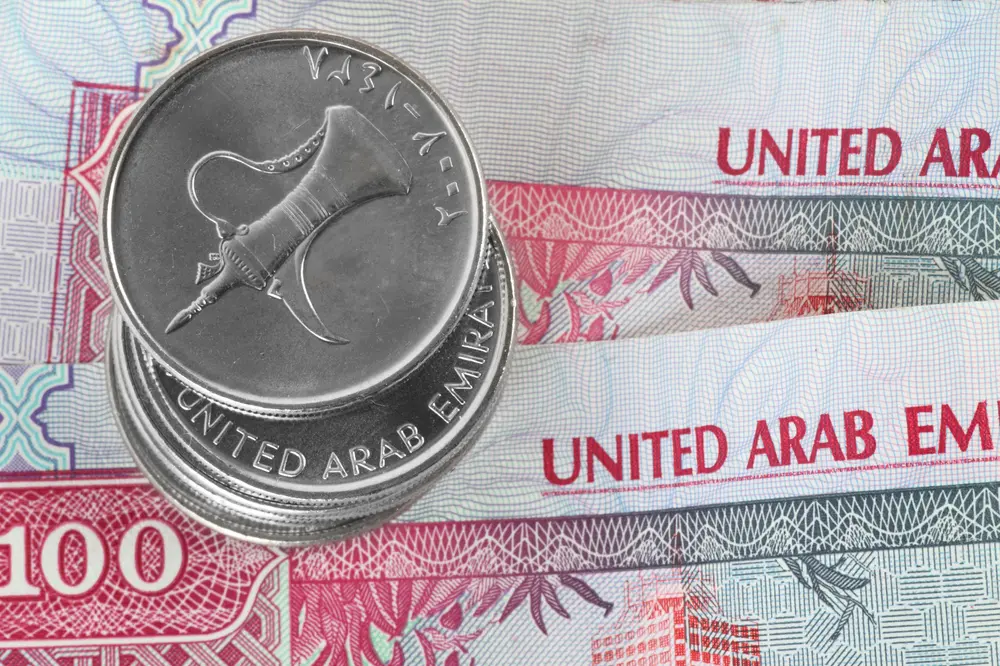PHOTO
The UAE’s Ministry of Economy (MoE) has developed a strategic plan to combat money laundering practices in the country by setting up a specialized department called the ‘Anti-Money Laundering Department’
The new department, acting within the structure of the MoE, aims to create awareness, and to regulate all activities listed under the business sector and specific non-financial professions.
Abdulla Bin Touq Al Marri, UAE Minister of Economy said that the Anti-Money Laundering Department will add further value to the progress made in strengthening the legislative and regulatory framework to confront money laundering in the country during the past three years, which is being led by the Supreme Committee for Combating Money Laundering.
The designated non-financial business and professions sector, which is supervised by MoE, with regard to combating money laundering, includes a wide range of non-financial sectors and activities that are most exposed to the risks of money laundering, according to a statement from the MoE.
They are also prone to the misuse of commercial transactions and the funds circulating for the purposes of money laundering or other illegal practices, given that the nature of the services it provides or the products it deals with, in line with international standards issued by the Financial Action Task Force (FATF), the statement said.
According to the Federal Decree-Law No. 20 of 2018, anyone who knows that the funds originate from felonies or wrongful doings or illegal transactions, and intentionally transfers it or its proceeds or carries out any operations with the intent to conceal or disguise their illegal source, or conceals or disguises their nature, their source, or their location shall be deemed to have committed the crime of money laundering.
Individuals who deal with the disposal, movement or ownership of such funds or rights related to it, or the acquisition, possession or use of the proceeds upon receipt, or those who help the perpetrator of the predicate offense to escape punishment will also be deemed guilty.
The Anti-Money Laundering Department will have three main sections, which are the Policies and Risks section, the Money Laundering Control section, and the Investigation and Enforcement section.
The Policies and Risks section is tasked with identifying and assessing money laundering risks, developing policies, procedures and controls to combat money laundering, and establishing and constantly updating a database for designated non-financial businesses and professions with continuous updating.
Meanwhile, the Money Laundering Control section will develop the annual inspection plan according to the risk-based approach, auditing the field and office inspections of the target sectors, and coordinating with the relevant authorities in the country to strengthen the control process.
The Investigation and Enforcement section will undertake the investigation of identified violations, study complaints and verify databases and statistics related to violations, the statement said.
(Writing by Seban Scaria; editing by Daniel Luiz)
Disclaimer: This article is provided for informational purposes only. The content does not provide tax, legal or investment advice or opinion regarding the suitability, value or profitability of any particular security, portfolio or investment strategy. Read our full disclaimer policy here.
© ZAWYA 2020





















